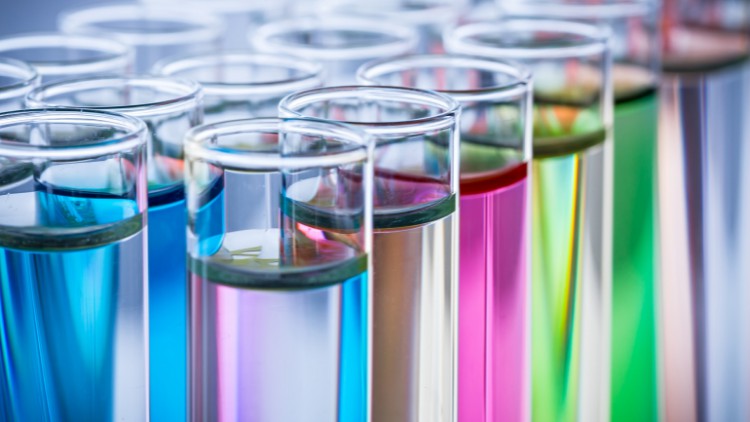
Exam Preparation – Water & Electrolyte Balance – Biochemistry – Practice MCQ Exams
What you will learn
This practice exam covers almost complete Water and Electrolyte Balance – Biochemistry
Regularly exam questions are updated/added newly for the benefit of students
This covers multiple choice questions
This will help you prepare for exams and enhance your knowledge in Biochemistry
Description
Water is essential for survival and accounts for approximately 60% of the body weight in an adult person. This changes with age: it is about 75% in the newborn and decreases to below 50% in older individuals. Water content is greatest in the brain tissue (about 90%) and least in the adipose tissue (10%).
The stability of subcellular structures and activities of numerous enzymes are dependent on adequate cell hydration. The maintenance of ion gradients and electrical potential across membranes is also crucial for survival and underlies muscle contraction, nerve conduction and secretory processes.
Both water deficiency and water excess impair function of organs and tissues. Water balance (daily intake and loss) and water distribution between cells and the surrounding fluid are subject to complex regulation.
Clinical relevance
Water and electrolyte disorders are common in clinical practice. Historically, textbooks of biochemistry (and many biochemistry courses) have treated water and electrolyte balance somewhat peripherally. And yet it is fundamental to maintaining metabolism, and underlies many essential treatment procedures.
The body constantly exchanges water with the environment
In a steady state, the intake of water equals its loss. The main source of water is oral intake and the main source of its loss is urine excretion. Water is also lost through the lungs, sweat and feces: this is called the ‘insensible’ loss and in normal circumstances amounts to approximately 500 mL daily. Insensible loss can increase substantially in high temperatures, during intensive exercise, and also as a result of fever. Checking the patient’s fluid balance is one of the essential daily routines on medical and surgical wards.
Note:
In this MCQ practice test/exam, you can learn Water and Electrolyte Balance. This will help you to build strong with fundamentals by taking up the practice exam which offers you wide varieties of questions.
Also, regular updates on the questions are done. So that you will get well versed with the subject.